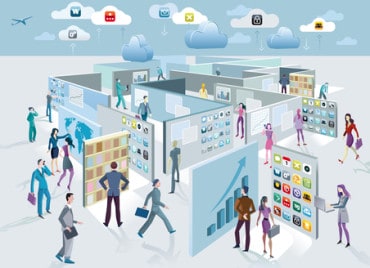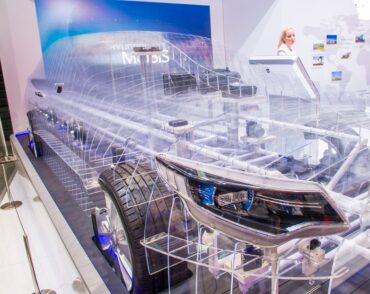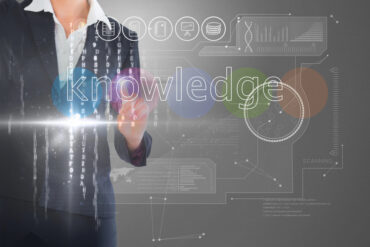
Urban planners are focusing on a citiverse concept that includes elements of smart cities and digital twins.
The “metaverse” concept, a digital world involving anything imaginable in life and business, has had its ups and downs in recent years. However, the possibilities offered through a metaverse approach to managing cities is gaining ground. The challenge is to pull many disparate digital applications and functions together. What’s envisioned combines elements of a smart city and a digital twin.
That’s the word from a recent technical report, written by Christina Yan Zhang of The Metaverse Institute, which summarizes how metaverse technologies are increasingly playing a role in managing today’s and tomorrow’s cities. The report, published as a working paper through the International Telecommunication Union, suggests that a metaverse approach to city management and planning “can play a key role in envisioning how the adoption of technologies such as IoT and AI could impact urban operations and human communication.”
There is “no clear standardized definition of citiverse,” as Zhang called it, but it could be considered as the cross-sectoral adoption of the metaverse within cities, involving people, buildings, systems, vehicles, and infrastructure, she explained.
A citiverse initiative can serve as a critical step “in integrating virtual worlds with urban infrastructure, paving the way for smarter, more inclusive cities,” said Anita Lamprecht in a related post. To build a citiverse, she advocates developing frameworks to ensure responsible development and governance, along with providing training and knowledge-sharing to empower cities with the necessary expertise.
In addition, a citiverse needs to incorporate a “sandbox environment” for experimentation and innovation.
See also: Digital Twins May Help Maintain Order for a Power-hungry World
Marrying Smart City and Digital Twin Concepts
The citiverse concept builds on the concept of the smart cities movement that has been underway for a number of years, Lamprecht added. “This is not the first time in the history of digital transformation that cities have partnered with tech companies to improve services for citizens. The smart city movement, with its vision of interconnected infrastructure and data-driven decision-making, promised to revolutionize urban living. Similarly, IoT, with its network of connected devices and sensors, offered the potential to optimize resource management and enhance efficiency.”
These earlier efforts were often slowed by numerous challenges, she observes, “including concerns about privacy, security, and the equitable distribution of benefits. This has led to skepticism and questions about whether the citiverse will become another overhyped trend or if it truly represents a significant leap forward.”
The difference this time, Lamprecht said, is citiverses are broader in scope, and encompass involvement from across the community, versus being a technology project. The establishment of citiverses isn’t just a technology project, it requires the engagement of city leaders, inhabitants, and private agencies. The concept is still relatively young, and its overall impact of such digitization on city governance has yet to be determined, Zhang added.
“Many smart city initiatives have been primarily driven by the objectives of tech companies rather than the actual needs of urban communities,” Lamprecht also pointed out. “Successful urban planning requires specialized knowledge of the local context, a robust framework for data governance – including data collection, sharing, and use – and active public participation.”
Another key challenge that the citiverse initiative seeks to overcome is “the narrow focus of previous projects on solving only sectoral problems,” she added. “The advent of technologies such as AI, IoT, blockchain, language technologies, digital twins, and virtual or mixed reality offers the potential to move beyond this sectoral approach. In particular, digital twins hold great potential for the development of the citiverse.”





























